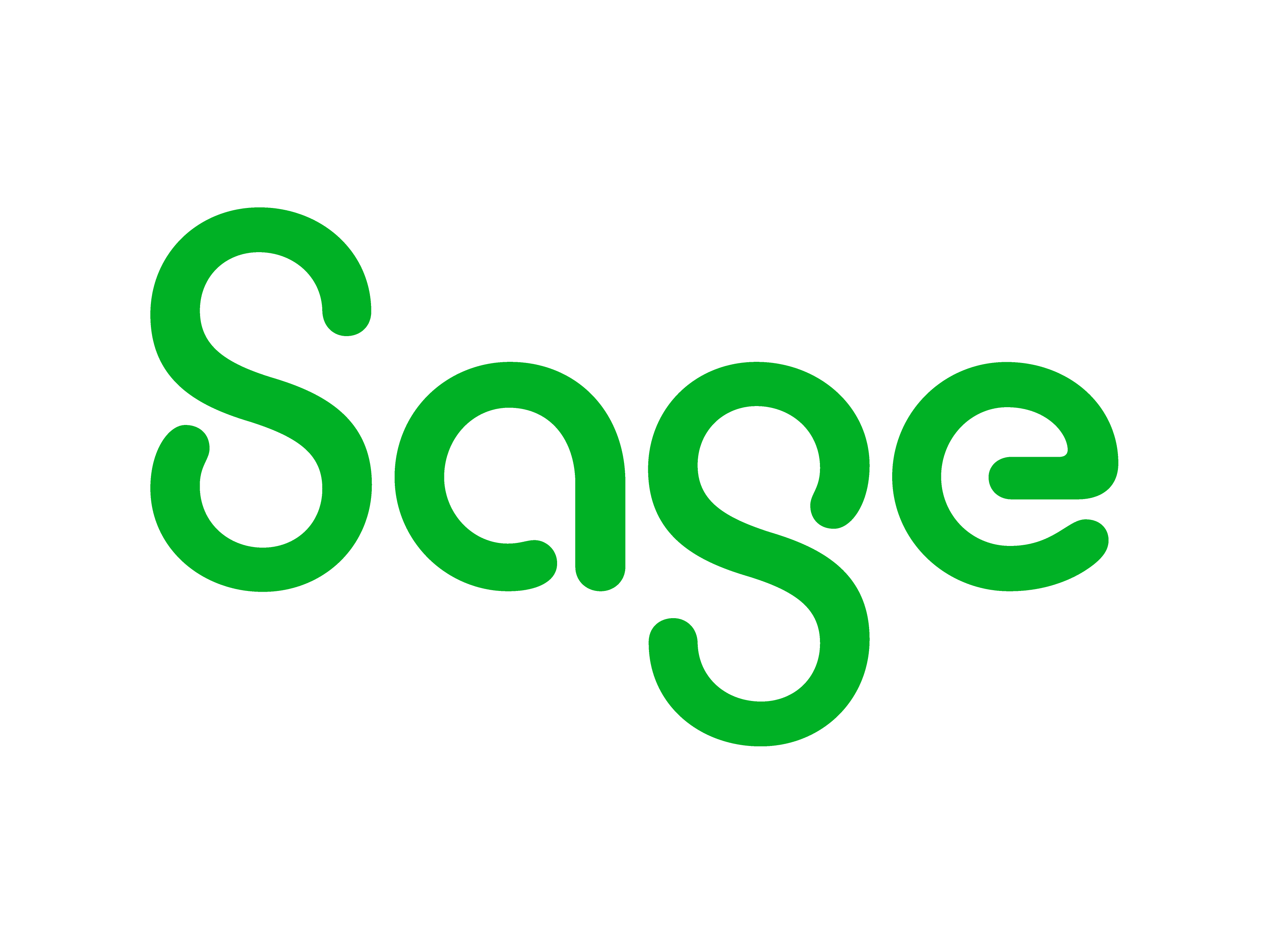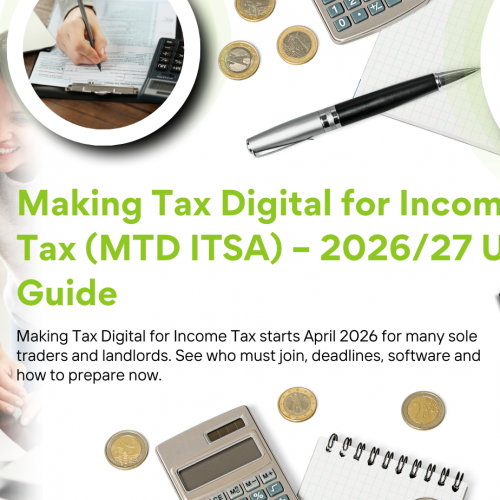Introduction
In the dynamic world of business, tax regulations are constantly evolving, and London-based businesses must stay informed to remain compliant and optimize their financial strategies. As 2024 unfolds, several key tax changes have come into effect, impacting businesses of all sizes and industries across the capital. In this blog post, we’ll explore these changes and provide actionable insights to help London businesses navigate the shifting tax landscape effectively.
Understanding Digital Tax Reporting Requirements
One significant change affecting London businesses is the introduction of digital tax reporting requirements. HM Revenue and Customs (HMRC) has implemented Making Tax Digital (MTD) initiatives, mandating businesses to maintain digital records and submit tax returns digitally. This shift aims to streamline the tax process, enhance accuracy, and reduce errors.
For London businesses, compliance with MTD is crucial. Adopting compatible accounting software and ensuring accurate record-keeping practices are essential steps to meet these requirements. By embracing digital solutions early on, businesses can minimize disruptions and seamlessly transition to the new reporting framework.
Changes in Corporation Tax Rates
Another notable tax change impacting London businesses is the adjustment in corporation tax rates. As part of the government’s fiscal policy, corporation tax rates have undergone revisions, influencing the tax obligations of businesses operating within the capital.
London businesses need to stay abreast of these changes to optimize their tax planning strategies effectively. Evaluating the implications of altered tax rates on profitability, investment decisions, and overall financial performance is imperative. Engaging with tax advisors or accountancy firms like Khoob Accountancy can provide valuable insights tailored to specific business needs, ensuring compliance while maximizing tax efficiency.
Implications of Environmental Taxes and Incentives
In response to growing environmental concerns, the government has introduced various tax measures and incentives to promote sustainability and reduce carbon emissions. London businesses are increasingly subject to environmental taxes, such as the Climate Change Levy and the Plastic Packaging Tax, which aim to incentivize environmentally friendly practices while discouraging harmful activities.
Understanding the implications of these environmental taxes is essential for London businesses seeking to align with sustainability goals and minimize tax liabilities. Exploring available incentives, such as capital allowances for energy-efficient investments or research and development (R&D) tax credits for green innovation, can provide opportunities for businesses to thrive in a changing regulatory landscape.
Conclusion
Navigating tax changes is a critical aspect of managing a successful business in London. By staying informed about digital tax reporting requirements, corporation tax rate adjustments, and environmental taxes, businesses can adapt their strategies proactively and maintain compliance while seizing opportunities for growth and innovation.
As tax regulations continue to evolve, partnering with experienced tax professionals or accountancy firms like Khoob Accountancy can offer invaluable support and guidance tailored to the specific needs of London businesses. With careful planning and strategic insights, businesses can navigate tax changes effectively and position themselves for long-term success in the vibrant business environment of London.


















